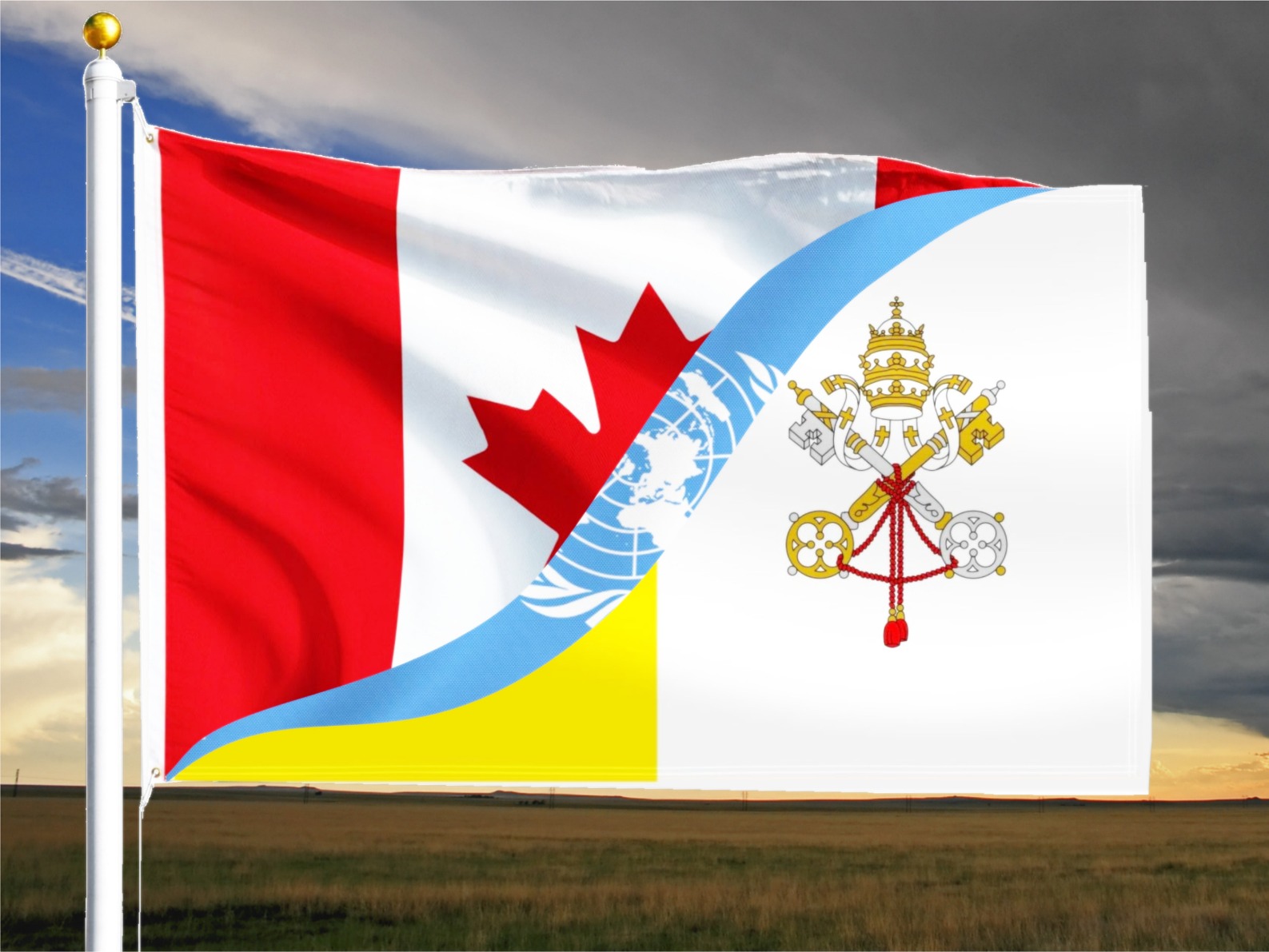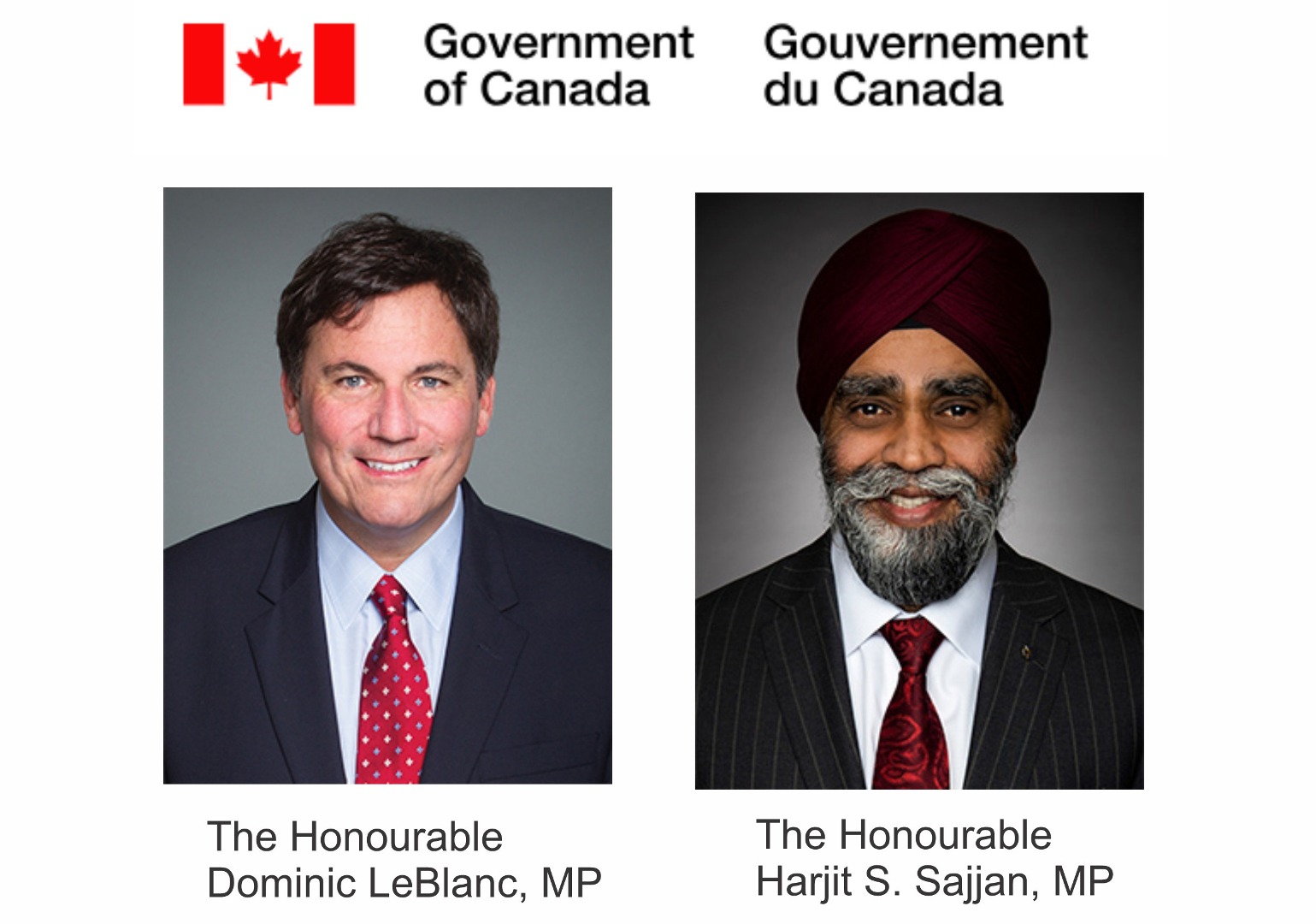
A new law has come into effect as of January 1, 2024, in Canada. The new law was introduced by Canadian Senator Julie Miville-Dechêne, as Bill S-211 in the Senate of Canada. The new law, referred to as “Fighting Against Forced Labour and Child Labour in Supply Chains Act,” is intended to prevent modern slavery and child labor.
The main thrust of the law, referred to as an “Act,” is to force both government offices, large businesses, and organizations operating in Canada to have some kind of process to prevent the use of slavery or child labor in the process of its services and to require reporting as to how they are tracking and preventing this activity from becoming a part of its products or offerings. While this general thrust is reasonable, there are both missing and present definitions in the law that are rather concerning and seem to provide a solid background to the type of persecution described in the last eight chapters of the Great Controversy.
In the “definition” section of the Act it defines child labour as follows:
• child labour means labour or services provided or offered to be provided by persons under the age of 18 years and that
• (a) are provided or offered to be provided in Canada under circumstances that are contrary to the laws applicable in Canada;
• (b) are provided or offered to be provided under circumstances that are mentally, physically, socially or morally dangerous to them;
• (c) interfere with their schooling by depriving them of the opportunity to attend school, obliging them to leave school prematurely or requiring them to attempt to combine school attendance with excessively long and heavy work; or
• (d) constitute the worst forms of child labour as defined in article 3 of the Worst Forms of Child Labour Convention, 1999, adopted at Geneva on June 17, 1999. (travail des enfants)
However, nowhere in the act does the definition of “socially or morally dangerous” appear. So then who gets to decide what is “socially or morally dangerous”?
• “Minister’s Power – 18 If, on the basis of information obtained under section 15, the Minister is of the opinion that an entity is not in compliance with section 11 or 13, the Minister may, by order, require the entity to take any measures that the Minister considers to be necessary to ensure compliance with those provisions.”

According to the act, it is up to the opinion of the “Minister of Public Safety (currently Dominiqe Lablanc) and Emergency Preparedness (currently Harjit Singh-Sajjan). This makes the opinion of the state the arbiter of what is morally and socially safe. In short, according to this act, it is the state that is the “highest moral authority.” This is the same as it was in Pagan Rome at the time of Christ, when the government powers were the subject of both honor and worship. These are the federal ministers of these departments, and each Province has similar ministers.
• “Minister means the Minister of Public Safety and Emergency Preparedness.”
According to the Act, the Minister can designate his powers as well, to either individuals or certain groups of people, such as “Centurions”/Police officers, or health officers. It would be expected that these powers would be designated to the provincial counterpart and, in turn, down the line to boots on the ground. This would be a similar flow of power that was played out when provincial health officers visited churches in Canada during the pandemic to order them to shut down.
• “Designation 14 The Minister may designate persons or classes of persons for the purposes of the administration and enforcement of this Part.”
I wonder if the government of Canada would consider exposure to people who were regarded by Prime minister Justin Trudeau as “racists and misogynists and extremist” as an exposure which is socially or morally dangerous? This is how Prime minister Justin Trudeau described the unvaccinated in an interview conducted in French.
But the average Joe-Canadian doesn’t need to worry about this law yet; it only applies to government offices and “entity’s.”
• Entity means a corporation or a trust, partnership or other unincorporated organization that
• (a) is listed on a stock exchange in Canada;
• (b) has a place of business in Canada, does business in Canada or has assets in Canada and that, based on its consolidated financial statements, meets at least two of the following conditions for at least one of its two most recent financial years:
• (i) it has at least $20 million in assets,
• (ii) it has generated at least $40 million in revenue, and
• (iii) it employs an average of at least 250 employees; or
• (c) is prescribed by regulations.
It is noteworthy that most Christian churches would generally not meet this definition of an “entity.” However, this definition would likely apply to the Corporation of the Seventh-day Adventist Church in Canada, as it has at least 250 employees, and with both church buildings and school properties, it would easily meet the financial limit set out in this definition.
There are a few questions to consider about this law. What would this mean if a church organized a bake sale where a 17-year-old made cookies to raise money for a church-sponsored Pathfinder outing and then “manned” a stand at a church-sponsored public evangelistic event to sell those cookies, or if the church hired an under-18-year-old church secretary or someone to clean the church? Could that work be considered child labor under the definition of this act? Could those circumstances be seen as places where the child works and might be exposed to things that the “minister” deems to be “morally or socially dangerous”? Could an “entity” that refused to adhere to or support a government “Sunday Law” be included in a “prescribed by regulations” organization? If so, could anyone “under 18” working there be “exposed to” the “socially dangerous” idea of non-compliance with such laws?
Within Canada, it is often said that if the “USA sneezes,” Canada gets sick. This is intended to mean that Canada often follows in the basic footsteps of US trends, laws, and economic prosperity, or downward trends. It appears that the laws of Canada are preparing the way for what Adventists refer to as “the time of the end.”
Since the founding of free societies such as the USA and Canada, freedom of conscience has been considered sacred. I believe it is a place that provides this freedom of conscience that was referred to in Revelation 12:6, “The woman fled into the wilderness, where she hath a place prepared of God, that they should feed her there a thousand two hundred and threescore days.” A free conscience is this very thing that appears to be “reigned in” all around the world, and “conscience” is being made subject to the powers of the land, or “science.”
“This country will follow in the steps of Rome in trampling on the rights of conscience.” (Great Controversy pages 588-589).
The Lord is coming; are we ready?
Note: The author of this article is a Canadian Seventh-day Adventist.
God help us to get ready.
I wonder how this law will affect our schools who have work study programs for students under 18. Fountain View Academy for instance.
This is coming next to the US.